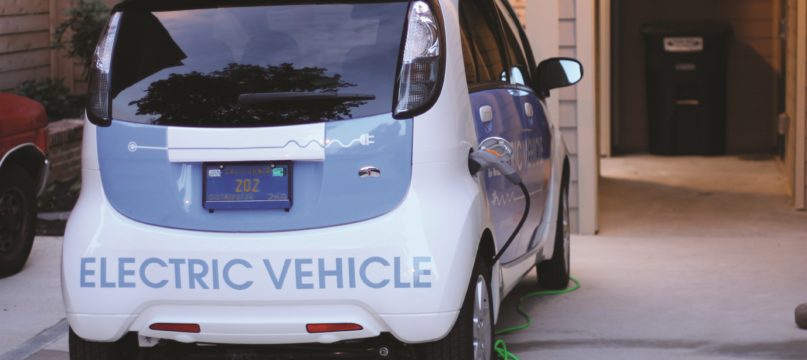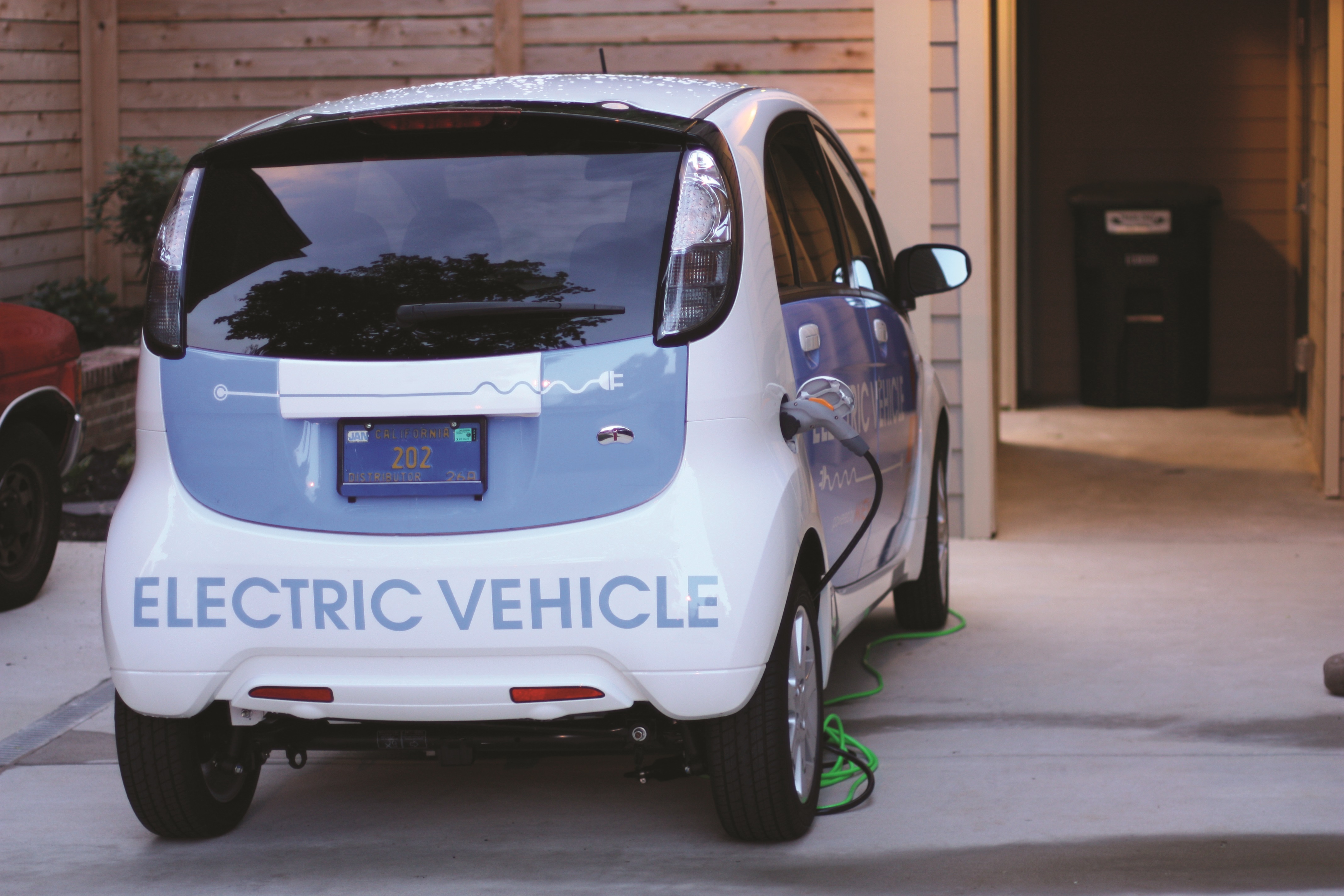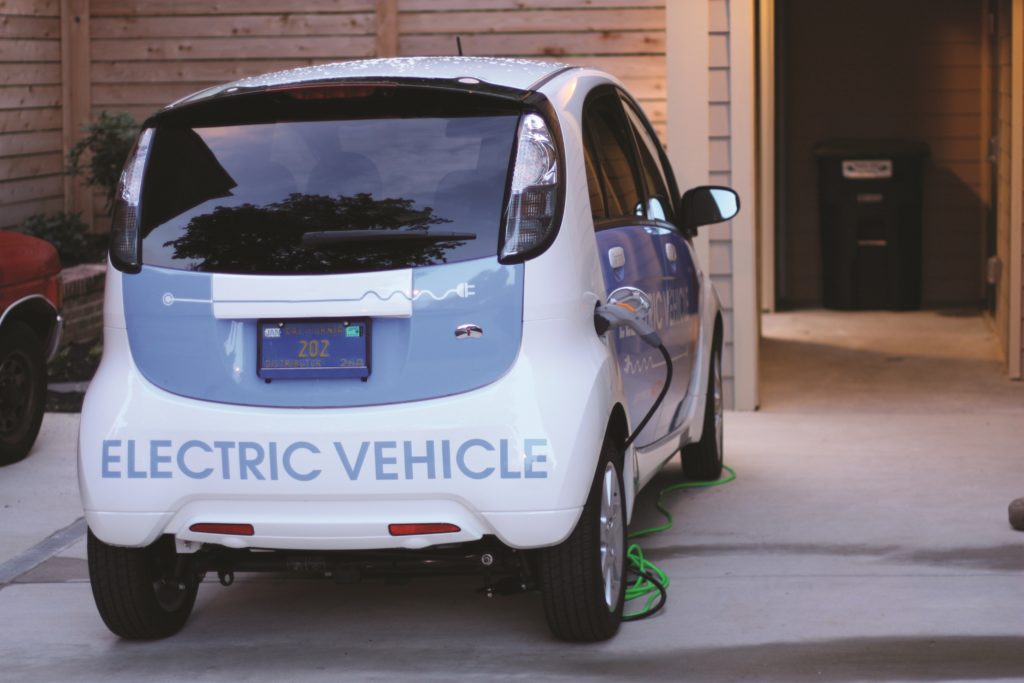


Allgemeine Deutsche Automobil-Club (ADAC) launched a study on the carbon footprint of different drive technologies. The results revealed that electric vehicles are a good choice for the eco-friendly consumer. However, even electric cars can have a carbon footprint, since car manufacture, battery production, and electric power generation also result in CO2 emissions, which must be considered in assessing a car’s eco-friendliness. Electric vehicles would be much more eco-friendly if they were supplied exclusively with electricity from renewable sources.
In the study, ADAC assessed diesel, petrol, CNG and LPG vehicles as well as hybrid and plug-in hybrid vehicles in the sizes supermini, compact and executive. All models were compared at a total mileage of 150,000km. Even based on the German electricity mix, the electric vehicle in the compact car class has the best carbon footprint at 22.5t of CO2, with the plug-in hybrid and the hybrid models following close behind.
As the study shows, using electricity from renewable sources improves the carbon footprint of electric vehicles. Climate-friendliness increases as the share of electricity from renewable sources increases. But internal combustion engine cars also have great potential for an improved eco-balance. Therefore, ADAC takes the view that suitable incentives aiming to improve climate protection should be technologically unbiased, instead of focusing on one specific drive technology.